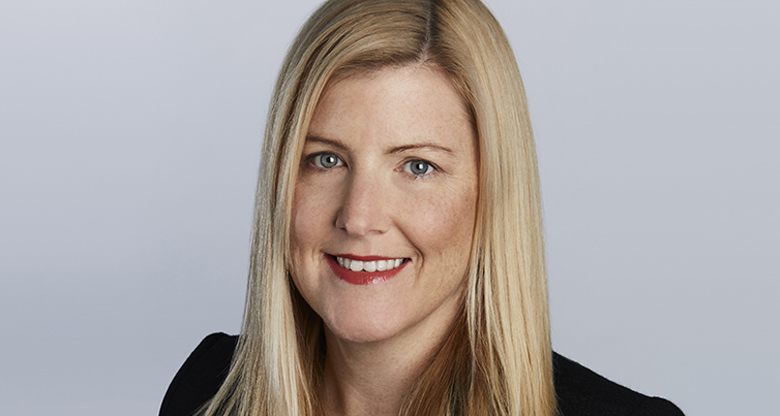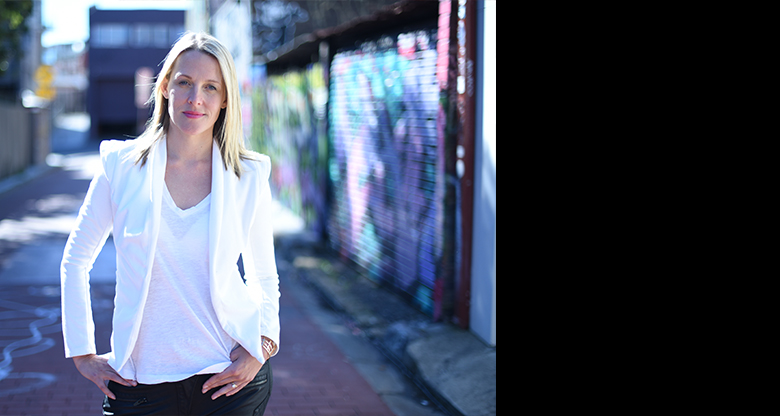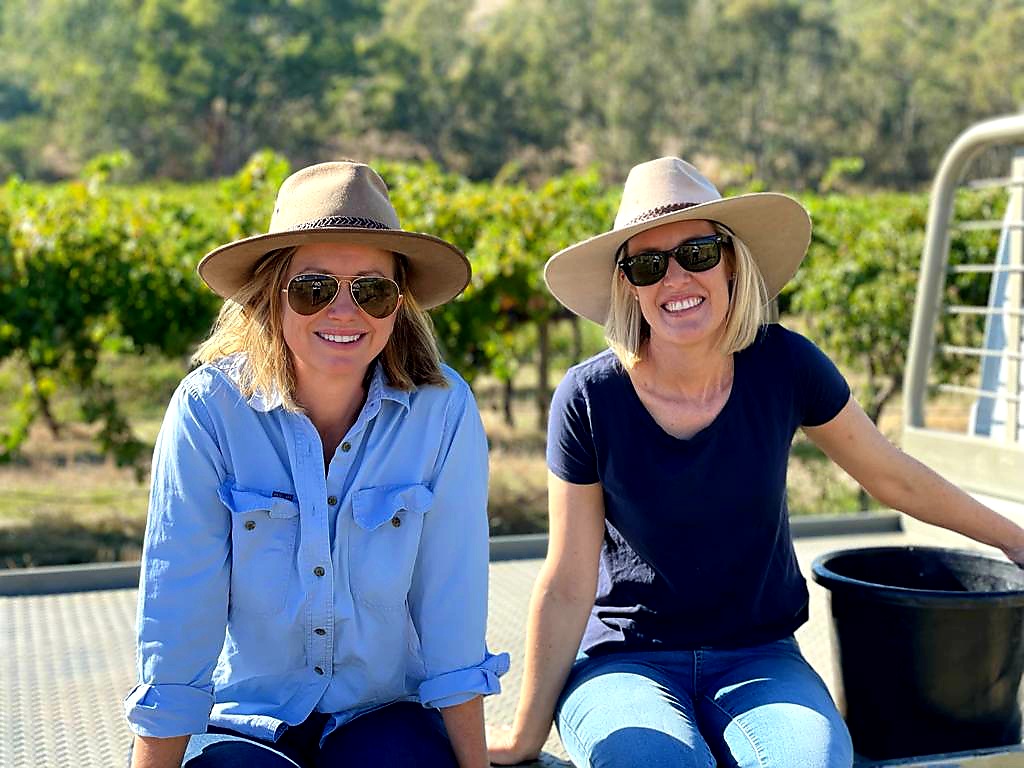Partnering with other businesses and brands can be a powerful strategy for growing a small business. With the right partnership, you can drive increased brand awareness, access new markets, data, networks and resources, and realise opportunities to scale. However, finding, founding and nurturing a successful partnership can be a challenge.
As the Engineering Community and Outreach Manager at Google, Sally-Ann Williams manages three different partnership portfolios (STEM, Schools and Universities and Start-Ups) and cultivates many successful cross-industry partnerships. Recently, we were fortunate enough to have Sally-Ann share her expertise with us as part of our Women in Focus webinar series. Here are some of the key takeaways from her presentation, including some key strategies that you can implement to establish strong, mutually beneficial partnerships and bring a shared vision to life.
What is a partnership?
Or, perhaps more importantly, what isn’t a partnership? “Partnerships are not sponsorship,” Sally-Ann explains. “Sponsorship is something very transactional and usually one-directional in cash flow, with one party receiving the lion’s share of benefit,” she says. Partnership, on the other hand, is a cooperative endeavour – something that is shared by two or more people or organisations, sharing both the risks and rewards of success. “I like to think of it as a relationship – there’s give and take, there’s mutual benefit, mutual giving and a lot of trust,” Sally-Ann says.
How do you build partnerships?
Sally-Ann recommends asking yourself and your prospective partner the following questions before entering into a partnership:
- ‘What are your objectives?’
- ‘What is it you are hoping to achieve from this partnership?’
- ‘What would success look like for you and how would you measure it?’
In Sally-Ann’s view, vision and values alignment is also key to a successful partnership. “Your vision is what you want to achieve and your values define how you’re going to achieve your vision,” she explains. “If you don’t have a shared vision and values, it’s going to be really challenging to get on the same page.” Vision and values alignment can also help to mitigate risk, such as reputational risks, that can result from an inappropriate partnership.
Reaching out
For small businesses, the prospect of partnering with a larger organisation to achieve a common goal can be very appealing – but whether you are seeking additional resources or financial backing, Sally-Ann stresses it’s important to do your research. “As a small business, you could seek to partner with some very large organisations in Australia, but they may not have any alignment with what you’re trying to achieve,” she explains. “Do your market analysis, have a look on their website, see who they already partner with, see what they want to achieve and determine whether it matches your vision and values.”
Once you have identified a prospective partner, it’s time to reach out to your network. “If you know someone who works at the organisation, talk to them about why you want an introduction,” Sally-Ann advises. “People are usually happy to help if you can articulate what you want to achieve,” she says. “LinkedIn is fine, cold calls are fine, but do it well.”
Defining your expectations
“Both parties need to be able to clearly articulate their expectations when entering into a partnership,” Sally-Ann says. “Having a sense of openness and transparency will help you clarify those expectations and also help you agree on how you’re going to measure success in the early stages.”
The next step is formalising your expectations. “A partnership needs to be formalised with an agreement and defined objectives – whether that be a contract or some sort of other agreement,” Sally-Ann recommends. “In the early stages of a partnership, doing something that is smaller scale is often a good idea,” she adds. “It can be the very foundation that builds trust and grows that partnership for the long-term,” she says.
What makes a partnership successful?
Transparency in a partnership is a non-negotiable for Sally-Ann, especially around any challenges you might be facing. “If you have an ambitious goal to achieve together, but then something happens that means you’re not going to deliver on what you thought, the best thing to do is be open about that,” Sally-Ann says. “Partners can’t help you achieve that shared objective if they don’t know where you’re struggling.” Ultimately, it comes down to embracing your vulnerability.
Evaluating and evolving
“Evaluating and evolving is really important for making successful partnerships,” Sally-Anne explains. “If you’re not measuring your success, you’re never going to know if your partnership is working.” Whether you are focusing on customer experience or driving awareness, Sally-Ann recommends closely monitoring your “magic metrics” and having regular conversations with your partner about what is and isn’t working, so you can adjust your strategy accordingly.
Dissolving a partnership
As Sally-Ann explains, it’s important to understand when and why partnerships dissolve. “Partnerships don’t necessarily need to be something that last forever,” she says. “If you’ve achieved your objective, it’s ok to stop, celebrate and then ask yourselves whether there’s another shared mission, or if it’s a case of going your separate ways because you’ve achieved what you wanted to.”
At the other end of the spectrum, sometimes a partnership might not be so successful – and this is where your vision and values alignment comes into play. “If you’ve structured and built your partnership around a shared vision, shared values and a defined objective, it should be an easy conversation to have,” Sally-Ann says. “You’ll either be able to come up with a new way to solve the problem, or you’ll come to the realisation that it isn’t the right thing and dissolve the partnership.”
When one door closes
Sally-Ann is a big believer in facilitating new and trusted connections. “Make introductions to others,” Sally-Ann advises. “One of the greatest satisfactions I have is when I bring partners together and they all start collaborating with one another.”
Sign up to the Women in Focus newsletter for updates on our community and events, and more content like this.





